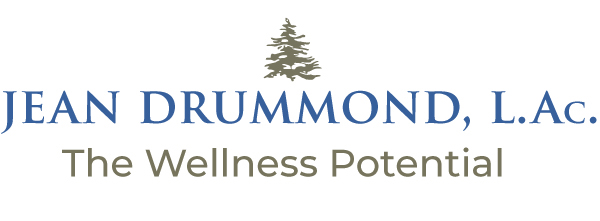Preventive medicine or preventive care is a medical discipline that focuses on preventing diseases rather than curing them or just treating their symptoms. Its goal is to protect, promote, and maintain health and well being and to prevent disease, injuries, disabilities and premature death.
Unfortunately, doctors often cannot practice preventive medicine because insurance companies feel that it is too expensive and time consuming and will not compensate doctors for preventive measures. Or, many who are not covered by insurance feel they can’t afford to visit a doctor for anything. But the fact is that those who forgo going to the doctor for preventative care are more likely to be hospitalized. They are rolling the dice hoping that a major medical problem won’t take them down.
Most people have become reliant on having health insurance, but the reality is the days of affordable comprehensive medical coverage are almost gone. It’s obvious we have a national health insurance crisis. We are simply going to have to pay out of pocket to take care of ourselves.
So isn’t it really more cost-effective to prevent problems in the first place? For instance, isn’t it better to spend a few hundred dollars controlling back pain instead of spending thousands of dollars on MRI’s and doctor visits?
As we age we are likely to have some health problems. Aging is inevitable— but poor health is not. The “Anti-aging” buzz is really about the present: what can you do today to ensure good health in the future? So doesn’t it make more sense to prevent aging problems by being proactive about your health?
Chinese medicine and acupuncture excels as a preventative medicine. It is rooted in 4,000 years of history and effectiveness and it can make a big difference in improving health, the aging process and in preventing disease.
So I ask, “Is acupuncture really a luxury?”
This model of medicine has the potential to improve health in dramatic ways and can save an enormous amount money in the long run.
While many insurance companies do cover acupuncture, I hope that more companies will realize that preventative health care is the answer to spiraling health costs.
In the meantime, I urge you to be proactive about protecting your health and well being. Don’t be afraid to spend a little money on addressing any nagging problems before they become major health problems. Remember the old saying: “An ounce of prevention is worth a pound of cure.”

